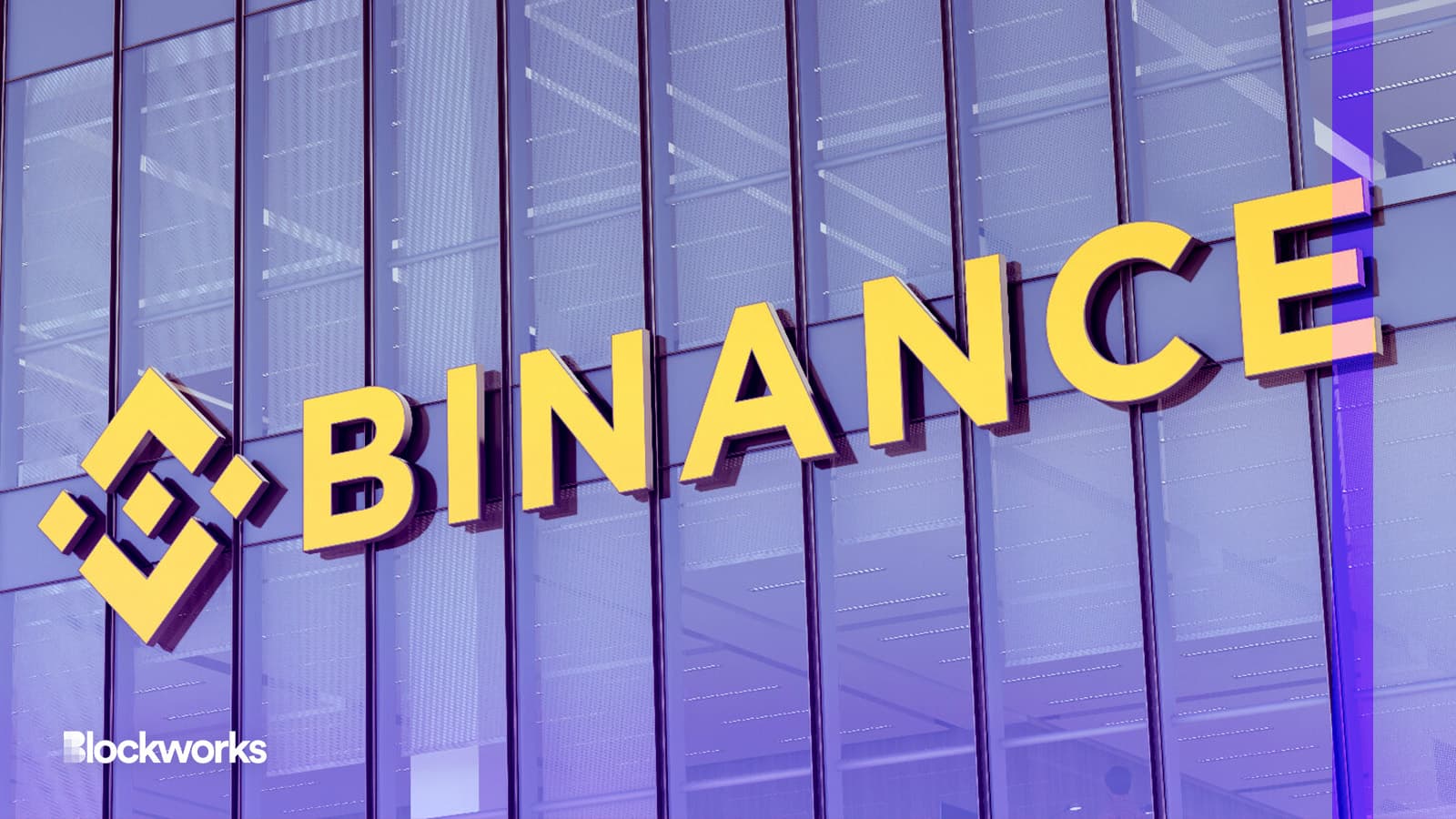Why Binance May Have Been Worth Risk for US Institutions
At least three US institutions may have been willing to jump through hoops to access Binance for one reason: liquidity

Shutterstock modified by Blockworks
The CFTC’s crackdown on Binance found US institutions have allegedly been interacting with the exchange, and market research shows liquidity depth may have been the main attraction.
Binance, the world’s largest crypto exchange, long maintained the top spot in terms of trading volume and market share, but institutions may have been drawn to it for another reason: liquidity options.
“Liquidity is paramount in crypto, particularly for institutions that are building or selling large positions or trading frequently,” research analysts at Kaiko wrote in a note. “On this front, Binance again scores well, with spreads 36 times tighter than Binance.US and 8 times tighter than Coinbase as of this writing.”
Binance trading volume has traditionally suggested the majority of traders were in the US, considering US trading hours have been the most bustling times for trades executed on the platform. Year-to-date, 43.4% of Binance’s bitcoin (BTC) trading volume has occurred during hours, just below Coinbase’s 47.5%.
“Unsurprisingly, Binance has the tightest spread for both BTC-USDT and ETH-USDT,” researchers said.
Radix Trading, a Chicago-based firm, identified itself as one of the three entities named in the CFTC’s complaint; “trading firm A,” the Wall Street Journal reported Wednesday. The firm had to use offshore accounts to avoid restrictions, but the trouble could have been worth it, industry members say.
The lawsuit could impact liquidity options for the rest of the market.
“This could negatively impact market liquidity, which is already unusually thin,” said Noelle Acheson, author of Crypto is Macro Now and former head of market insights at Genesis. “The suit mentions a few large US trading desks that have been actively avoiding US regulations when dealing with Binance – these could end up temporarily laying low for a while.”
Get the news in your inbox. Explore Blockworks newsletters:
- The Breakdown: Decoding crypto and the markets. Daily.
- 0xResearch: Alpha in your inbox. Think like an analyst.






